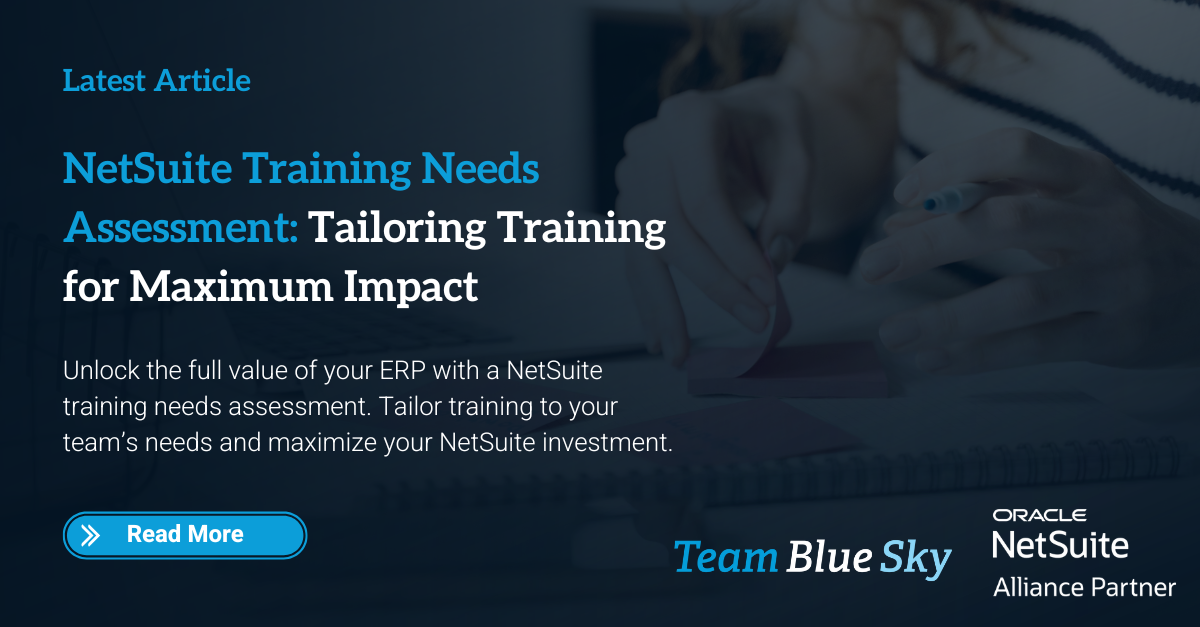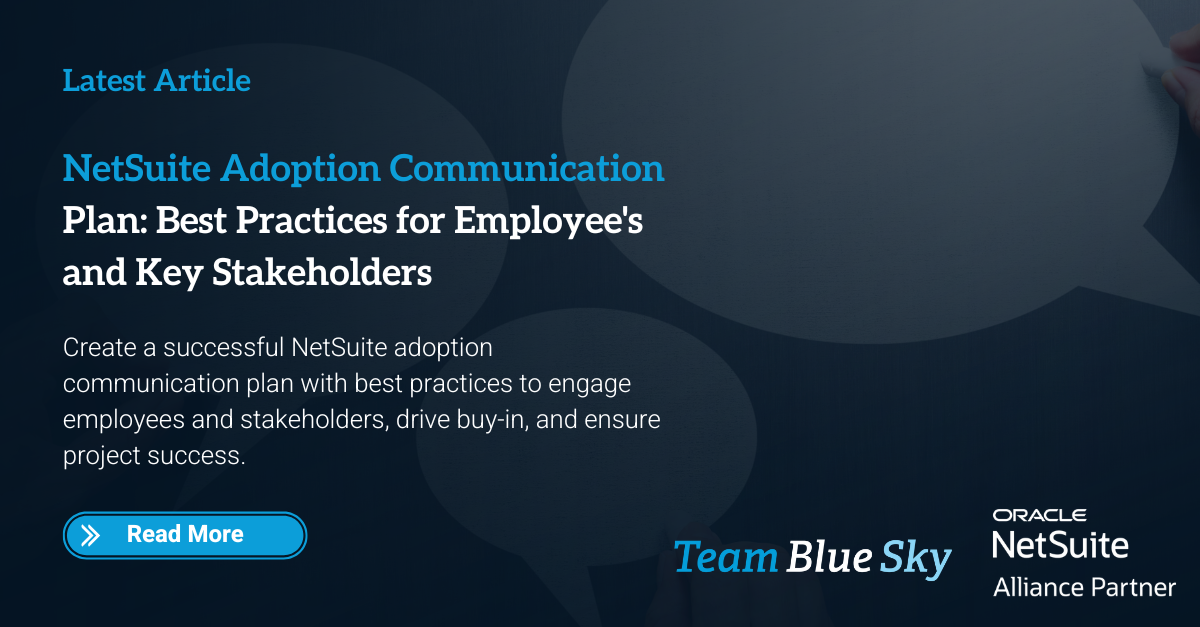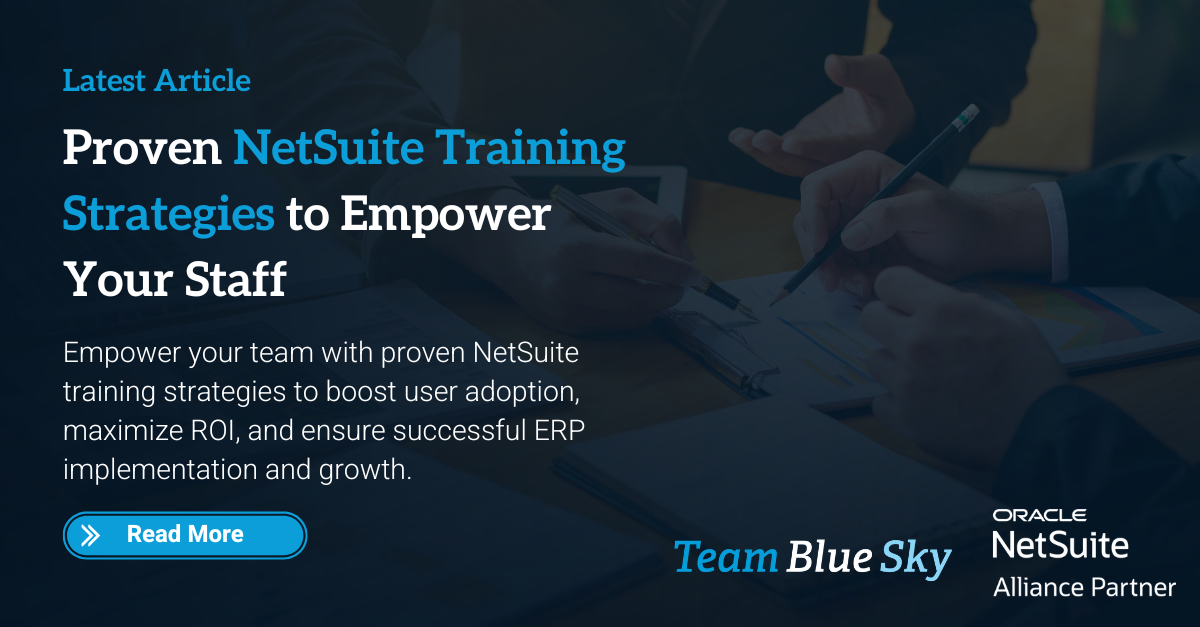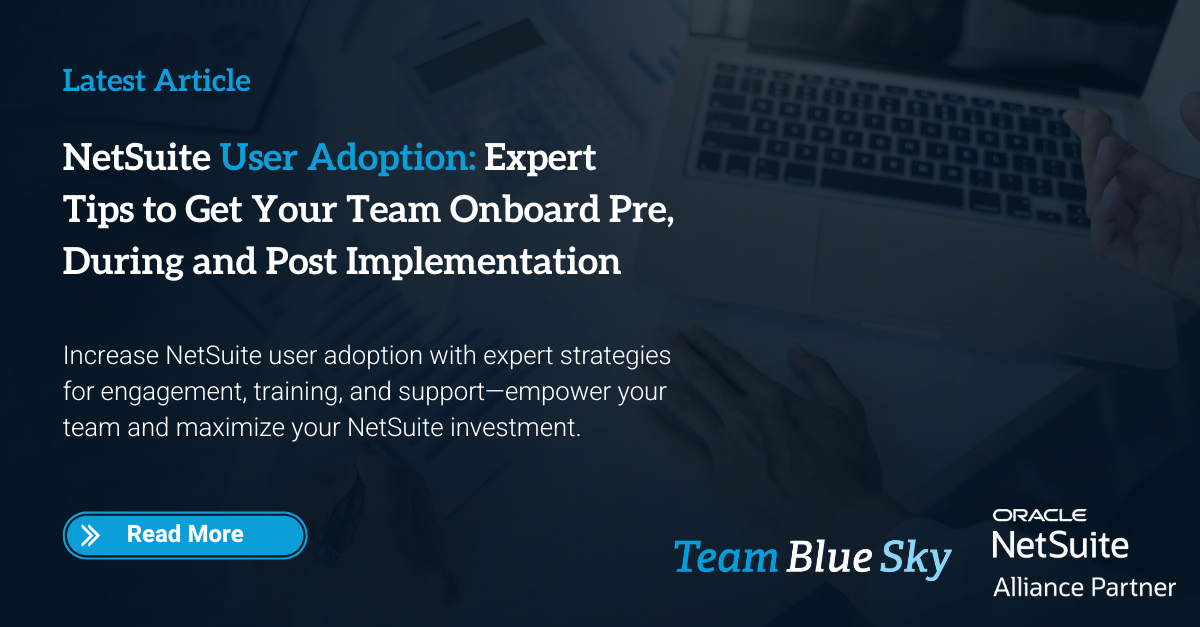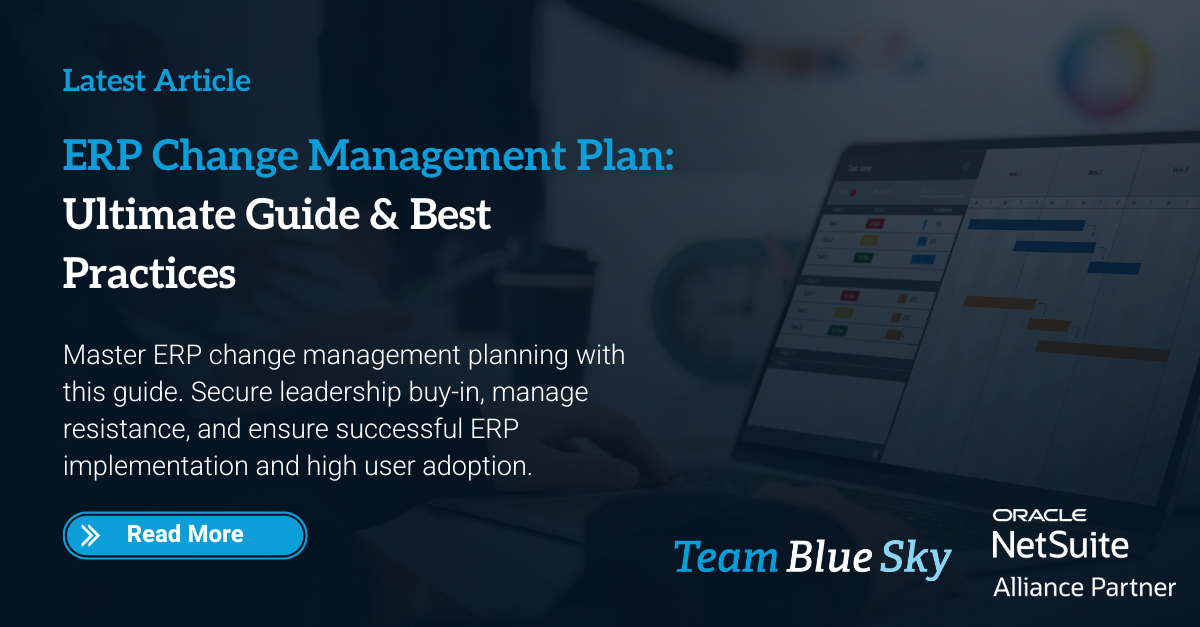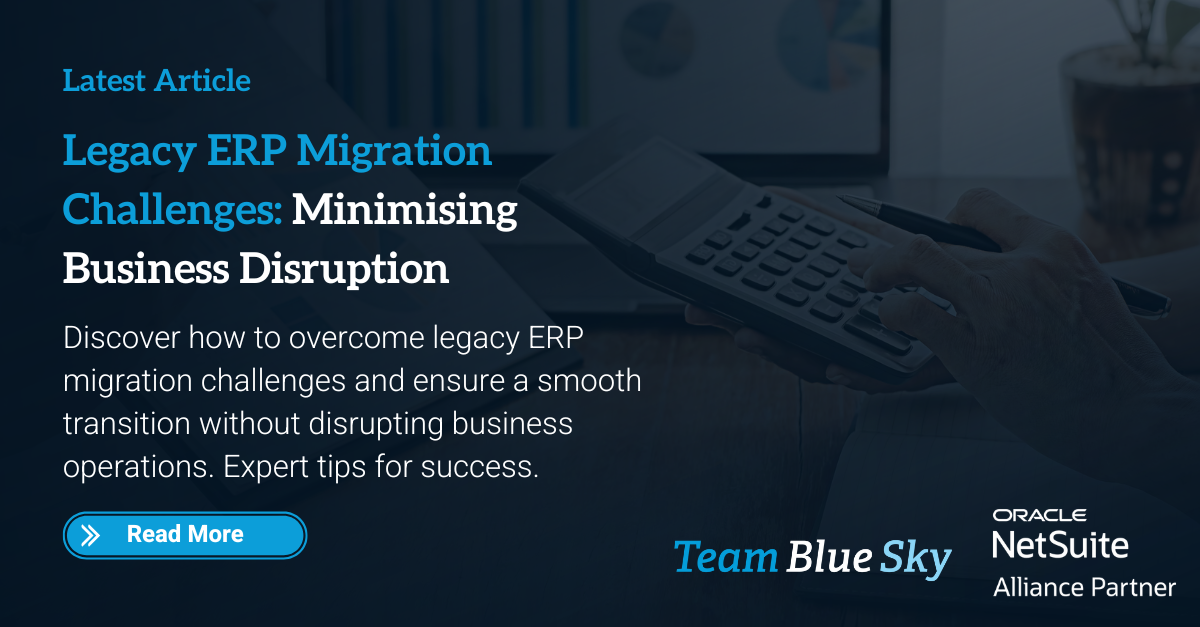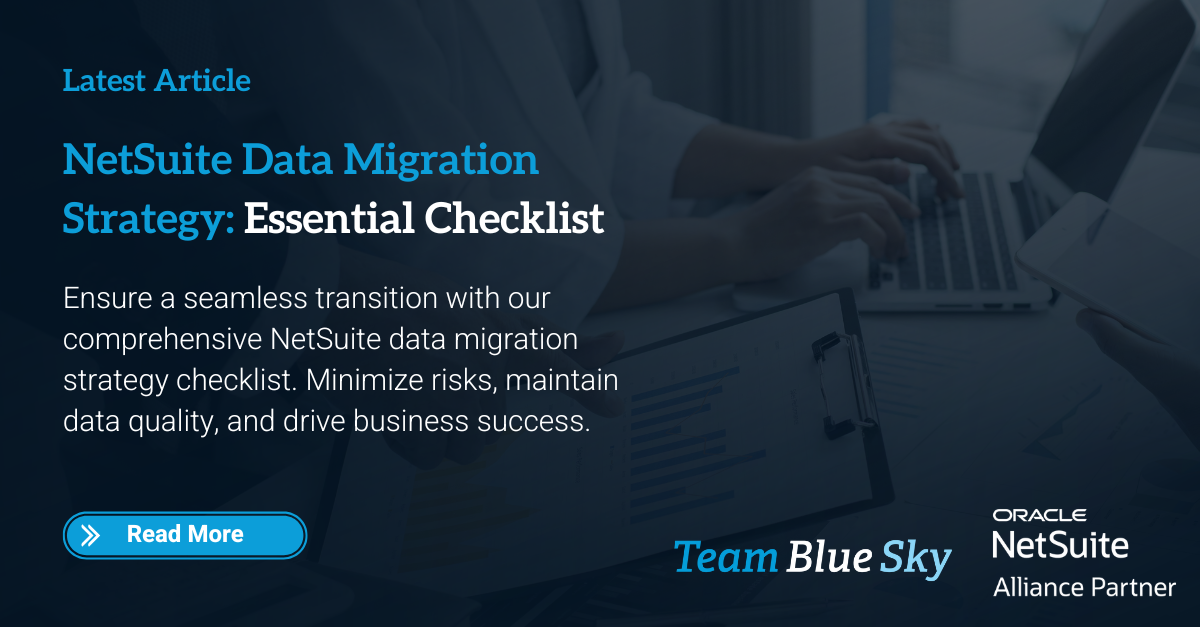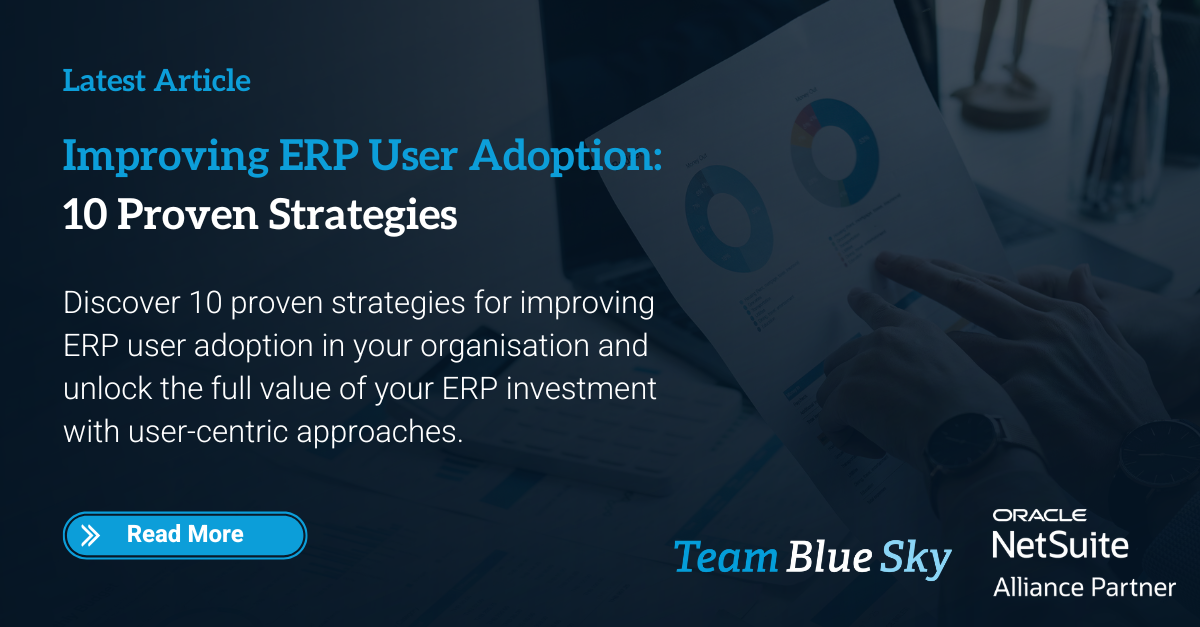BPO and Business Continuity: Preparing for Uncertainty
Business continuity refers to an organisation's ability to continue operating smoothly in the event of disruptive events such as natural disasters, cyber-attacks, or economic downturns. It ensures that critical functions and processes can be maintained, minimising the impact of disruptions on the business.
Importance of Business Continuity
Business continuity planning is not just about preparing for worst-case scenarios; it is an essential aspect of risk management and organisational resilience.
Here are some reasons why business continuity is important:
Protecting Reputation
Disruptions can have a severe impact on an organisation's reputation. By having a robust business continuity plan in place, companies can demonstrate their commitment to providing seamless services to their clients, even during challenging times.
Minimising Financial Loss
Downtime can result in significant financial losses due to lost productivity and missed opportunities. A well-designed business continuity plan can help minimise these losses by ensuring that critical functions can continue operating efficiently.
Meeting Compliance Requirements
Many industries have regulatory requirements regarding business continuity. By implementing a comprehensive plan, organisations can ensure compliance and avoid penalties.
Defining Key Objectives
When it comes to business continuity planning, it is essential to define specific objectives that align with the organisation's goals. These objectives will guide the development of strategies and actions to be taken during disruptions. Some common key objectives of business continuity planning include:
Maintaining Core Processes
The primary objective of business continuity planning is to ensure the uninterrupted operation of critical processes that are essential for the organisation's functioning. This includes identifying key functions, assessing their vulnerabilities, and implementing strategies to minimise disruptions.
The Role of BPO in Business Continuity
In uncertain times, such as the current global pandemic, businesses face numerous challenges to maintain their operations and ensure business continuity. One effective solution that many organisations have turned to is Business Process Outsourcing (BPO).
BPO can play a crucial role in helping businesses navigate through disruptions and establish a solid foundation for continuity. Let's delve deeper into the role of BPO in business continuity and explore its benefits and considerations.
Benefits of BPO in Uncertain Times
BPO offers several benefits that can greatly contribute to business continuity, especially during times of uncertainty. Here are some key advantages:
Cost Savings
BPO allows businesses to reduce costs by outsourcing non-core processes to specialised service providers. This means that companies can focus on their core competencies while still maintaining essential operations.
Operational Flexibility
BPO provides flexibility by allowing businesses to scale their operations up or down based on their current needs. This agility is especially valuable during uncertain times when demand fluctuations and market volatility are common.
Access to Expertise
BPO providers often have extensive experience and expertise in their respective fields. By leveraging their knowledge and skills, businesses can benefit from improved efficiency, productivity, and quality in their processes.
Risk Mitigation
By partnering with a reliable BPO provider, businesses can distribute the risk associated with critical processes. This ensures that even if one part of the operation is affected, the overall continuity of the business is not compromised.
Identifying Critical Processes for BPO
To effectively incorporate BPO into your business continuity plan, it is crucial to identify which processes are the most critical for outsourcing. Consider the following factors when choosing which functions to outsource:
Non-Core Processes
Assess which processes within your organisation are not directly related to your core competencies. These are the tasks that can be outsourced without impacting the overall strategic direction of your business.
Resource-Intensive Operations
Identify processes that require significant resources, such as time, manpower, or technology investment. The outsourcing of these resource-intensive operations can free up valuable internal resources for more strategic initiatives.
Repetitive and High-Volume Tasks
Look for processes that are repetitive and high-volume in nature. By outsourcing these tasks, your business can benefit from increased efficiency, reduced errors, and improved overall productivity.
Processes Where Expertise is Lacking
Determine if there are any processes where your organisation lacks the necessary expertise or specialised knowledge. Outsourcing these processes to a provider with the required expertise can help improve the quality and accuracy of these operations.
By carefully evaluating these factors and identifying the critical processes that can be outsourced, businesses can effectively leverage BPO to ensure business continuity during uncertain times.
Selecting a Reliable BPO Partner
When it comes to selecting a reliable Business Process Outsourcing (BPO) partner, it's crucial to take your time and conduct thorough research. The right partner can make all the difference in ensuring business continuity during uncertain times. Here are some key factors to consider when choosing a BPO partner:
Evaluate Experience and Expertise
Look for a BPO provider that has a proven track record in handling similar projects or industries. Their experience in your specific field can be a valuable asset in navigating any challenges that may arise.
Consider their expertise and specialisation. Are they equipped to handle the specific processes you need to outsource? Do they have a deep understanding of your industry's requirements and regulations?
Mitigating Business Disruptions With Solid BPO Partnerships
Collaborating with BPO Partner for Continuity
One of the primary benefits of partnering with a reliable BPO provider is the ability to maintain business operations even during times of uncertainty. When a disruption occurs, and on-site resources may not be accessible, a BPO partner can step in and continue handling critical processes remotely. This collaboration can help businesses stay operational and serve their customers without interruption.
By delegating key tasks to a BPO partner, companies can ensure that important processes, such as customer support, order processing, or data management, are handled efficiently and effectively. The BPO partner can have dedicated teams and robust infrastructure in place to handle these processes, ensuring that they are not affected by disruptions that may be occurring in the client's own environment.
Leveraging Technology for Remote Work
Another way BPO helps in mitigating business disruptions is by leveraging technology for remote work. BPO providers often have advanced technological capabilities that allow their teams to work from anywhere, ensuring uninterrupted service delivery. This is especially valuable during times when employees cannot access their physical workplace due to unforeseen circumstances or emergencies.
With the help of collaboration tools, cloud-based platforms, and secure data management systems, BPO providers can seamlessly transition their operations to a remote working model. This flexibility enables them to continue providing services to their clients without any downtime. By utilising these technologies, businesses can ensure continuity and minimise the impact of disruptions on their operations.
Key Takeaways:
- Partnering with a reliable BPO provider can help businesses maintain operations during times of disruption.
- Delegating critical processes to a BPO partner ensures uninterrupted service delivery.
- BPO providers can leverage technology for remote work, allowing for seamless operations during disruptions.
By collaborating with a BPO partner and leveraging their technological capabilities, businesses can effectively mitigate the impact of disruptions. This proactive approach to business continuity ensures that critical processes continue to operate smoothly and that customer needs are met even in challenging times. So, consider incorporating BPO into your business continuity plan to safeguard against disruptions and ensure the smooth operation of your business.
Benefits of BPO in Uncertain Times
Business Process Outsourcing can bring numerous benefits to your organisation, especially during uncertain times. By partnering with a reliable BPO provider, you can:
Cost Savings
BPO allows you to reduce operational costs by leveraging the capabilities of offshore teams.
Scalability
BPO providers offer flexible staffing options, allowing you to scale up or down based on business needs.
Access to Expertise
BPO providers specialise in specific areas, providing access to skilled professionals who can handle complex processes more efficiently.
Efficiency and Focus
Outsourcing non-core business functions frees up your internal resources to focus on strategic initiatives and core competencies.
Conclusion
In today's uncertain and ever-changing business landscape, having a robust business continuity plan is essential for the survival and success of any organisation. By understanding the importance of business continuity, leveraging the benefits of BPO, selecting a reliable BPO partner, creating a comprehensive plan, implementing effective communication strategies, regularly testing and updating the plan, mitigating disruptions, ensuring data security and compliance, and preparing for the future, businesses can position themselves to navigate through uncertain times more effectively.
By collaborating with a trusted BPO partner, businesses can rely on their expertise, resources, and technology to ensure the continuity of critical processes even in times of crisis. With the increasing reliance on remote work, businesses must leverage technology that allows for seamless collaboration and operation. Investing in robotic process automation can further streamline processes and reduce reliance on manual intervention, adding an extra layer of efficiency and resiliency to the organisation.

Henry Sack
General Manager

With over 12 years of experience as a NetSuite implementation consultant, Henry Sack leads TeamBlueSky’s team of NetSuite and accounting experts in his role of General Manager.
TeamBlueSky is a leading Australian
NetSuite Alliance Partner whose mission is to provide critical
NetSuite BPO and
Payroll services to NetSuite clients who are wanting to simplify their
back office processes and partner with a leading
NetSuite administration expert.
TeamBlueSky have also partnered with global Suite Developer Network partners to offer local solutioning, implementation and support services for global NetSuite SuiteApps.





